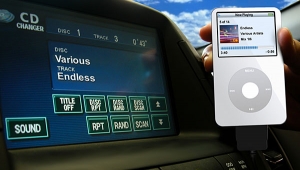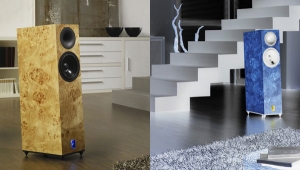| Columns Retired Columns & Blogs |
It's your enjoyment that counts. Although most people enjoy equipment with better "specs" more than equipment that tests badly, in the end, if you fancy bloated bass or mind-numbing sibilance, I hope you find what you are looking for.


























